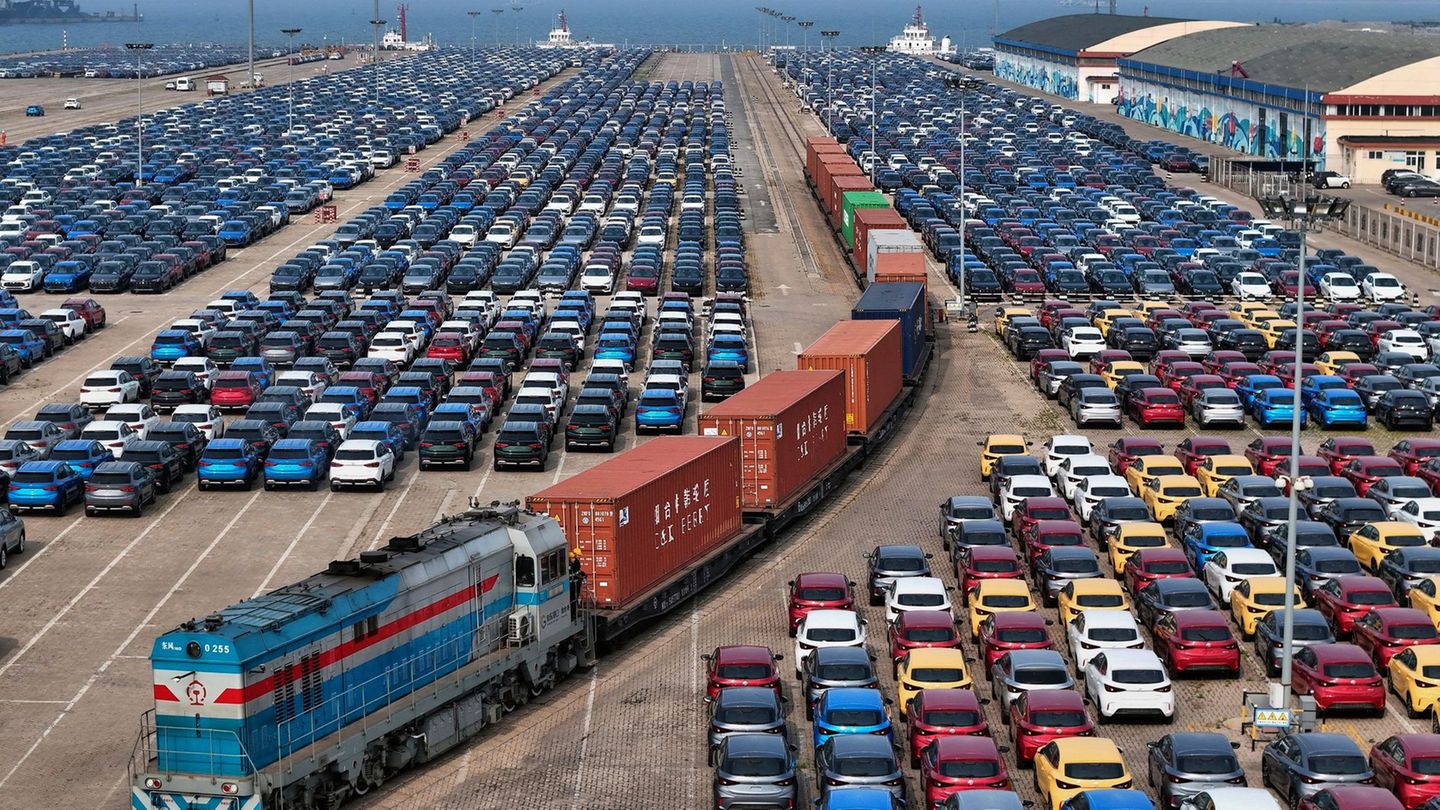(Updates with arrival of help)
By Nidal al-Mughrabi and Aidan Lewis
GAZA/CAIRO, Oct 21 (Reuters) – The first humanitarian aid convoy sent to the besieged Gaza Strip since the war broke out arrived at the Rafah border crossing from Egypt on Saturday, after days of diplomatic wrangling over delivery conditions. of the help.
The United Nations reported that the convoy of 20 trucks included vital supplies that would be received by the Palestinian Red Crescent. The Palestinian group Hamas, which controls the Gaza Strip, said the delivery included medicine and limited amounts of food.
Rafah is the main route in and out of the Gaza Strip that is not controlled by Israel, and the center of efforts to deliver aid to Gaza’s 2.3 million residents.
UN officials say at least 100 trucks a day are needed in Gaza to meet urgent needs, and that any aid delivery must be sustained and at scale. Before the outbreak of the conflict, an average of 450 aid trucks arrived there daily.
“The humanitarian situation in Gaza, already precarious, has reached catastrophic levels,” UN humanitarian chief Martin Griffiths said in a statement.
Israel imposed a complete blockade and launched airstrikes on Gaza in response to a deadly Hamas attack on Israeli soil on October 7. The Rafah border crossing has been out of operation since shortly after, and shelling in Gaza damaged roads and buildings that needed repairs.
THE PROVISIONS ARE RUNNING OUT
The UN has warned that food has been running out in Gaza and fuel supplies needed to keep hospital backup generators running have reached dangerously low levels.
Israel has said it will not allow aid into its territory until Hamas releases the hostages it took during its attack, and that it can only enter through Egypt as long as it does not end up in the hands of Hamas.
Many Gazans have crowded into southern areas to avoid airstrikes in the north, although they say nowhere in the territory is safe. (Reporting by Nidal Mughrabi, Yusri Mohamed and Ahmed Mohamed Hassan. Edited in Spanish by Javier López de Lérida)
Source: Ambito




